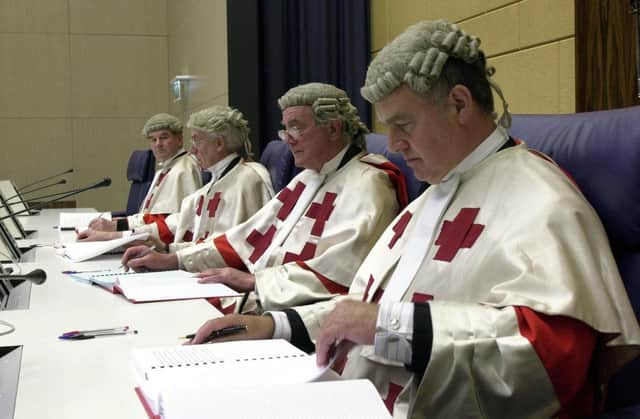Jury-less trials in rape cases: Scottish Government cannot compromise the right to a fair trial – Scotsman comment


There is no question that the conviction rate for rape in Scotland is far too low and that effective action to increase it is urgently required. According to Rape Crisis Scotland, there were 2,298 reports of rape and attempted rape in 2020/21, but just 152 prosecutions and 78 convictions. It is a pattern that stretches back years.
It’s simply not credible to claim that this represents true justice. The grim reality is that the vast majority of rapists walk the streets as free men when they should be behind bars, their reputations tarnished for life. So it is vitally important that politicians work to find ways to increase the conviction rate to something closer to the truth.
Advertisement
Hide AdAdvertisement
Hide AdHowever, the Scottish Government’s plan to pilot jury-less trials in rape cases, with both the verdict and sentence to be decided by a judge, risks adding to the injustice. According to the Scottish Solicitors Bar Association, 97 per cent of its members oppose this measure in the Victims, Witnesses and Justice Reform (Scotland) Bill and plan to boycott the trials.
Simon Brown, the vice president of the association, told MSPs last month that “if we look at a court, and in particular this pilot, and we are of the view that this doesn’t constitute a fair trial, it wouldn’t be appropriate for us to represent clients in it... You are experimenting with people’s lives, effectively.”
Now the issue has split Holyrood’s Criminal Justice Committee, with four SNP MSPs supporting the pilot, but saying it should not last more than 18 months, two Conservatives arguing against the move, and two Labour MSPs saying they did not back the current proposals and that the Scottish Government should consider using a panel of judges, instead of just one, to hear cases, which may be a potential compromise.
Angela Constance’s response to the committee was welcome, with the Justice Secretary saying she was “keen to build consensus on the Bill’s proposals”. Finding ways to end the age-old injustices experienced by rape victims should be a cross-party, whole-society effort. But the right to a fair trial cannot be compromised.
